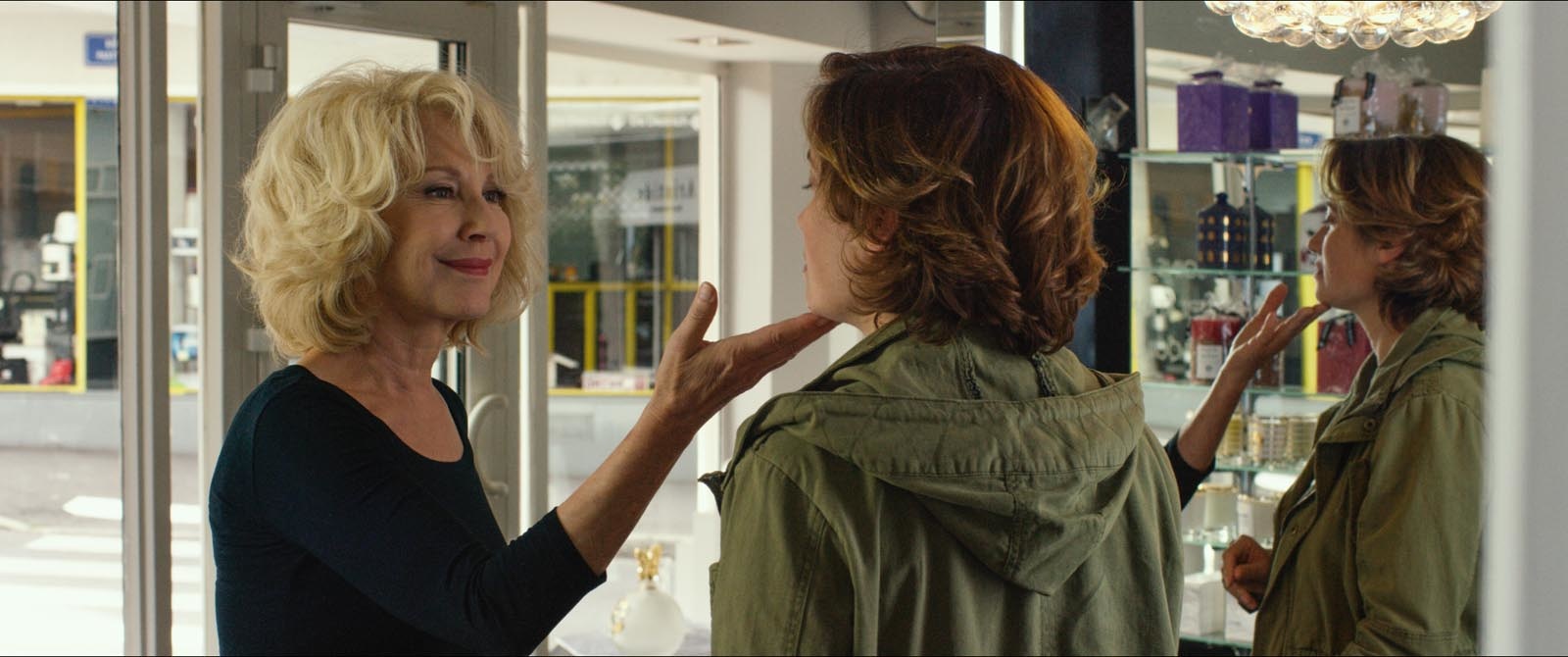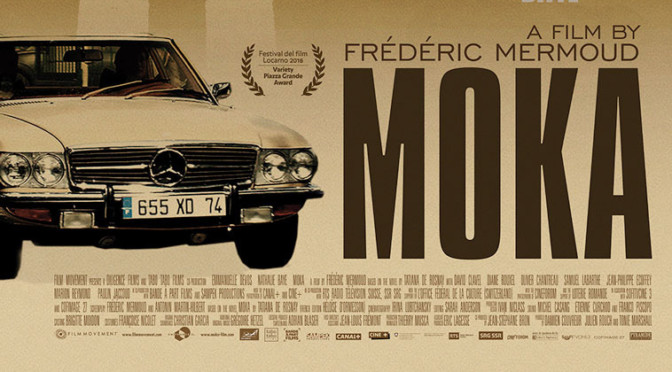Following the tragic loss of her young son, Diane (Emmanuelle Devos; Coco before Chanel) is unable to lead a normal life. She still sees visions of him and doesn’t know how to move on. Her son died in a hit and run and no one has been convicted yet. There aren’t even any suspects. Unable to wait any longer, she decides to take matters into her own hands. Using a list of cars in the area that match an eyewitness description, she sets out to find the killer herself.
Diane’s detective work puts her own objectives at risk. As she tries to understand the character of her son’s potential killers, she accidentally embeds herself deep into their lives. She finds herself falling into accidental friendships with them and her inquisition reveals more than she expected. When they were nameless murderers, possibly going uncharged for their crimes, Diane had a clear plan. Her conviction was strong and she knew what her response would be, but learning about their lives shakes the foundation of her beliefs. The details she learns humanizes them. Are these people really capable of committing a hit and run? She sees them as regular, flawed human beings rather than the cold villains she pictured and is unsure what to do next. Director Frédéric Mermoud delicately balances the crime, the criminals, and Diane’s need for justice by calling the impact of her plan into question. Even if these are the right people, how could anything to undo her loss?

This is intended to be the source of the film’s tension. What will Diane do? A grieving parent may not act rationally, but as Mermoud points out, is there a rational response? Diane’s behavior is contrasted with her recently estranged husband. He says the police are working on it and that they should let them handle things. But the crime occurred seven months earlier and they haven’t had any new developments. Her husband is law abiding, but can look complacent. However, the director prevents him from appearing detached by showing brief glimpses into the husband’s own pain. The difference between him and Diane isn’t how much they loved their son, it’s how they channel their suffering. He points it inward whereas Diane throws it outward.
While the moral issue is evenly evaluated, the story sticks too closely to its genre and Diane is too predictable as a character. This is a procedural about vigilante justice and follows those tropes. Diane tails her suspects like a shabby private investigator and there is even a scene where information is exchanged on a park bench straight out of a spy thriller. Even with the extreme measures taken to find her son’s killers, Diane would need to be perceived as dangerous for the film to create suspense. There needs to be a believable threat that she could do something drastic. Devos is sympathetic as the lead, but her performance doesn’t have the unhinged menace required. She loved her son and is visibly broken by his passing, but the restraint she shows around the suspects prevents her from ever seeming deadly. She doesn’t seethe with hatred, instead she broods in pain. Without a set of equally credible outcomes, Moka loses the suspense of its central moral dilemma.

3/5 stars.
